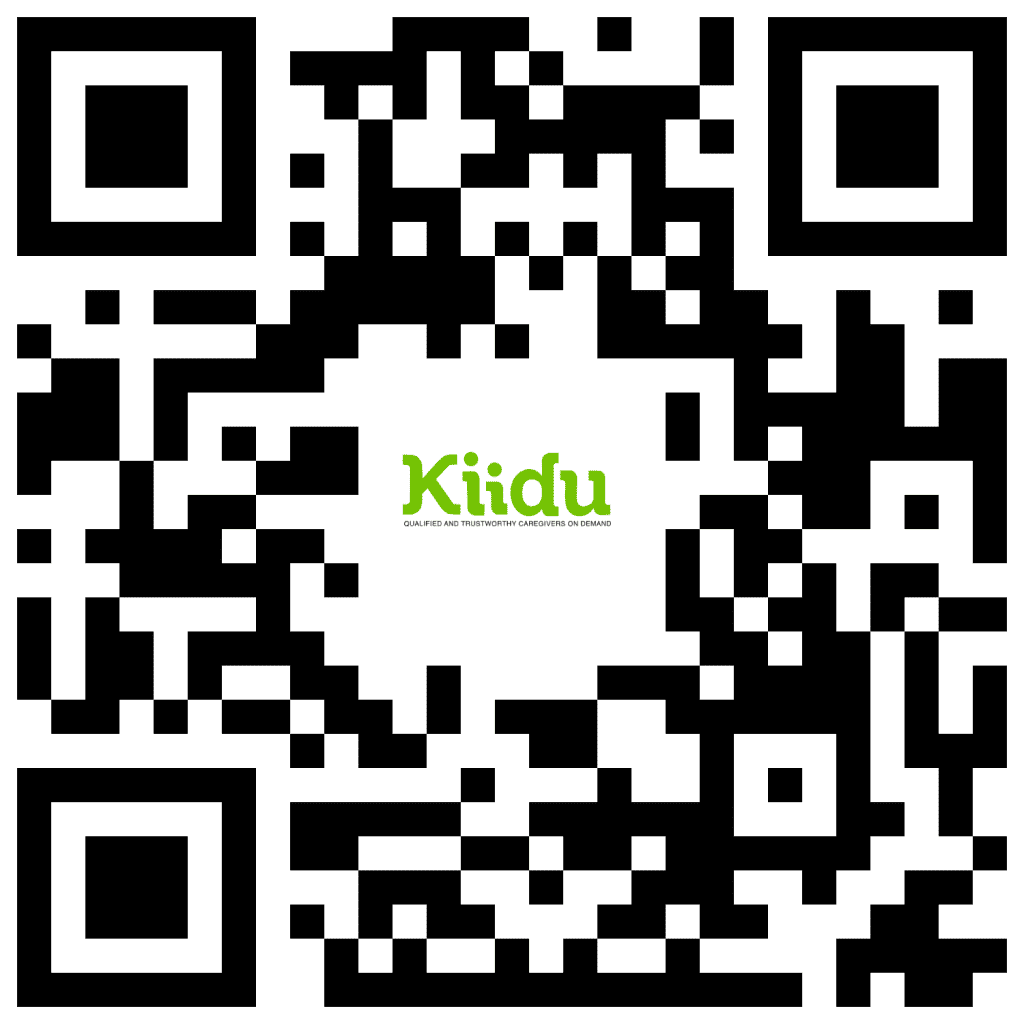Caring for someone with Alzheimer’s disease is a complex and emotionally challenging journey. Alzheimer’s, a progressive neurodegenerative disorder, affects memory, cognitive function, and daily activities. Caregivers play a pivotal role in providing support, comfort, and assistance to Alzheimer care patient with this condition.
This post aims to equip caregivers with the knowledge and strategies needed to navigate the intricacies of Alzheimer’s care, ensuring both the caregiver and the individual receive the best possible support.
See Also: Importance of Alzheimer’s Caregiver Training
Alzheimer Care Patient: What you Need to Know
-
Understanding Alzheimer’s Disease
This section serves as a foundational overview of Alzheimer’s disease. It delves into the nature of the condition, its progressive stages, and the specific cognitive and functional aspects it affects. By understanding the disease’s trajectory, caregivers can anticipate the evolving needs of the individual and tailor their care accordingly.
-
Building a Supportive Environment
Creating a safe and supportive living environment is essential for individuals with Alzheimer’s. This section provides practical insights into modifying the home environment to ensure safety and familiarity. It emphasizes the significance of routines and predictability in reducing anxiety and confusion, key elements in supporting the well-being of the individual.
-
Effective Communication Strategies
Communication becomes a significant challenge as Alzheimer’s progresses. This section delves into communication strategies tailored for individuals with Alzheimer’s, including the use of simple language, non-verbal cues, and visual aids. Effective communication is crucial for maintaining a connection with the individual and addressing their needs with empathy and understanding.
-
Assisting with Daily Activities
Assisting with daily activities, such as dressing, bathing, and grooming, is a central aspect of Alzheimer’s care. This section provides practical guidance on how caregivers can approach these tasks with sensitivity, breaking them down into manageable steps while fostering the individual’s independence as much as possible.
-
Managing Medications and Healthcare
Managing medications and coordinating healthcare are critical components of Alzheimer’s care. This section emphasizes the importance of establishing a structured medication management routine, monitoring health changes, and maintaining open communication with healthcare professionals to ensure the individual’s overall well-being.
-
Nutrition and Meal Assistance
Nutrition plays a vital role in the health of individuals with Alzheimer’s. This section offers insights into planning and preparing nutritious meals, considering dietary restrictions and preferences. Ensuring proper hydration and balanced nutrition contributes to the physical well-being of the individual.
-
Engaging in Meaningful Activities
Engaging in meaningful activities is essential for cognitive stimulation and overall well-being. This section explores the types of activities that align with the individual’s interests and cognitive abilities, promoting a sense of purpose and enjoyment in daily life.
-
Emotional Support and Understanding Behaviors
Providing emotional support and understanding challenging behaviors are critical aspects of Alzheimer’s care. This section delves into the emotional complexities of caregiving, offering strategies for providing comfort during moments of confusion and managing behaviors with patience and empathy.
-
Enhancing Independence
Balancing assistance with maintaining independence is a delicate task for caregivers. This section provides guidance on encouraging self-care, supporting decision-making, and fostering a sense of purpose to enhance the individual’s autonomy while ensuring their safety.
-
Utilizing Technology to Aid Care
Modern technology offers valuable tools for Alzheimer’s caregivers. This section explores the practical applications of technology, such as reminder apps, GPS devices, and telehealth options, to aid in managing the daily challenges of Alzheimer’s care.
-
Seeking Respite and Taking Care of the Caregiver
Caregiver well-being is a crucial but often overlooked aspect of Alzheimer’s care. This section emphasizes the importance of respite care, self-care strategies for caregivers, and the utilization of support networks to prevent burnout and maintain the caregiver’s health.
-
Connecting with Social Networks
Social interactions and support networks play a vital role in Alzheimer’s care. This section explores strategies for encouraging social engagement, involving the individual in community activities, and participating in support groups for caregivers.
-
Navigating End-of-Life Care
In the advanced stages of Alzheimer’s, discussions about end-of-life care become necessary. This section provides insights into understanding end-of-life care options, discussing preferences, and providing comfort and support during the final stages of the disease.
Caring for someone with Alzheimer’s disease is a journey that demands compassion, resilience, and continuous learning. This comprehensive guide aims to empower caregivers with the knowledge and strategies needed to navigate the challenges of Alzheimer’s care.
By understanding the disease, building a supportive environment, mastering effective communication, and addressing the diverse needs of the individual, caregivers can enhance the quality of life for those they care for and find strength in their caregiving role. Remember, you are not alone, and seeking support from healthcare professionals and support networks is an integral part of the caregiving journey.
Your Trusted Senior Care Solution in Bangkok, Thailand
Caring for seniors requires a delicate balance of compassion, expertise, and reliability. In bustling cities like Bangkok, finding the right caregiver for your beloved seniors can be a challenging task. Kiidu, your trusted partner in senior care, is here to alleviate the burden and guide you through the process of securing the perfect caregiver for your loved ones.
Why KIIDU
-
Effortless Search:
Say goodbye to the complexities of finding a caregiver. Kiidu streamlines the process, making it effortless for you to connect with qualified and experienced caregivers in Bangkok.
-
Personalized Assistance
Kiidu understands that every senior has unique needs. Our platform allows you to specify the requirements and preferences for your loved one, ensuring a personalized and tailored caregiving experience.
-
Verified Caregivers
Your loved one’s safety is our top priority. Kiidu meticulously vets all caregivers, verifying qualifications and conducting thorough background checks, so you can trust the person taking care of your senior.
-
Comprehensive Profiles
Get to know potential caregivers through detailed profiles, including their experience, qualifications, and areas of expertise. Make informed decisions based on the information that matters most to you.
-
Transparent Communication
Communication is key. Kiidu facilitates transparent communication between you and the caregiver, fostering a collaborative and supportive caregiving environment.
-
7 Days a Week
Kiidu is committed to your peace of mind. Our dedicated support team is available around the clock to address any concerns or questions about Alzheimer care patient and you may have throughout your caregiving journey.








